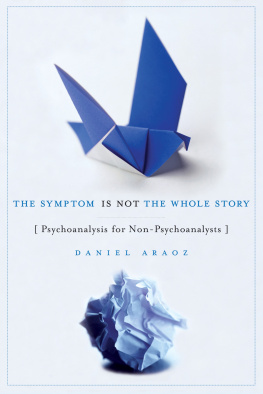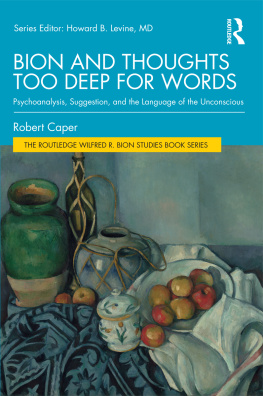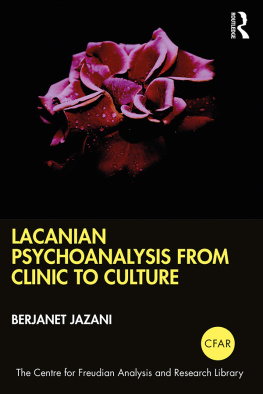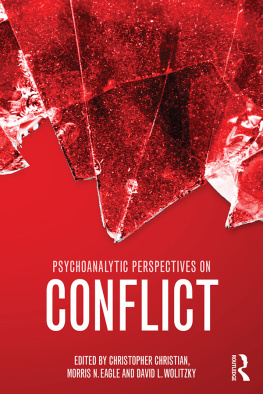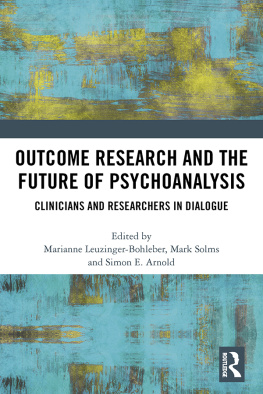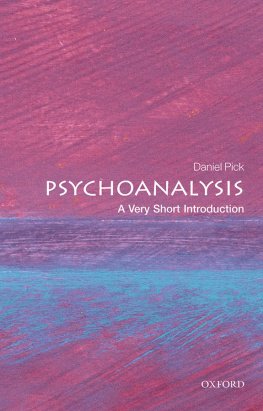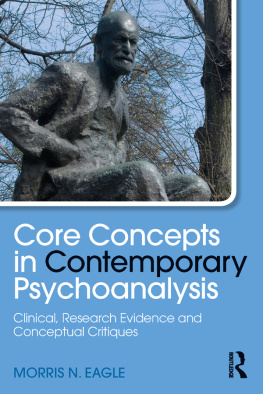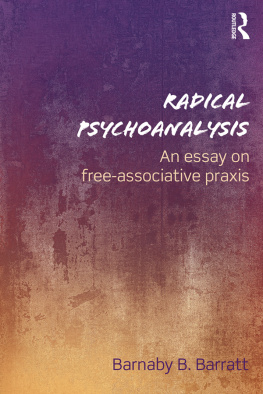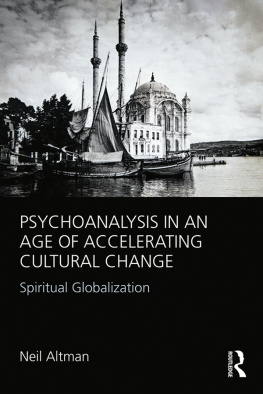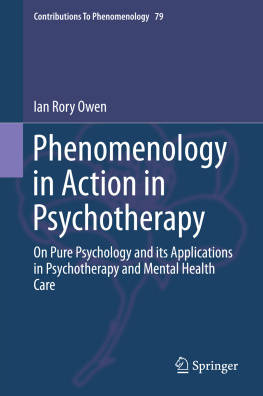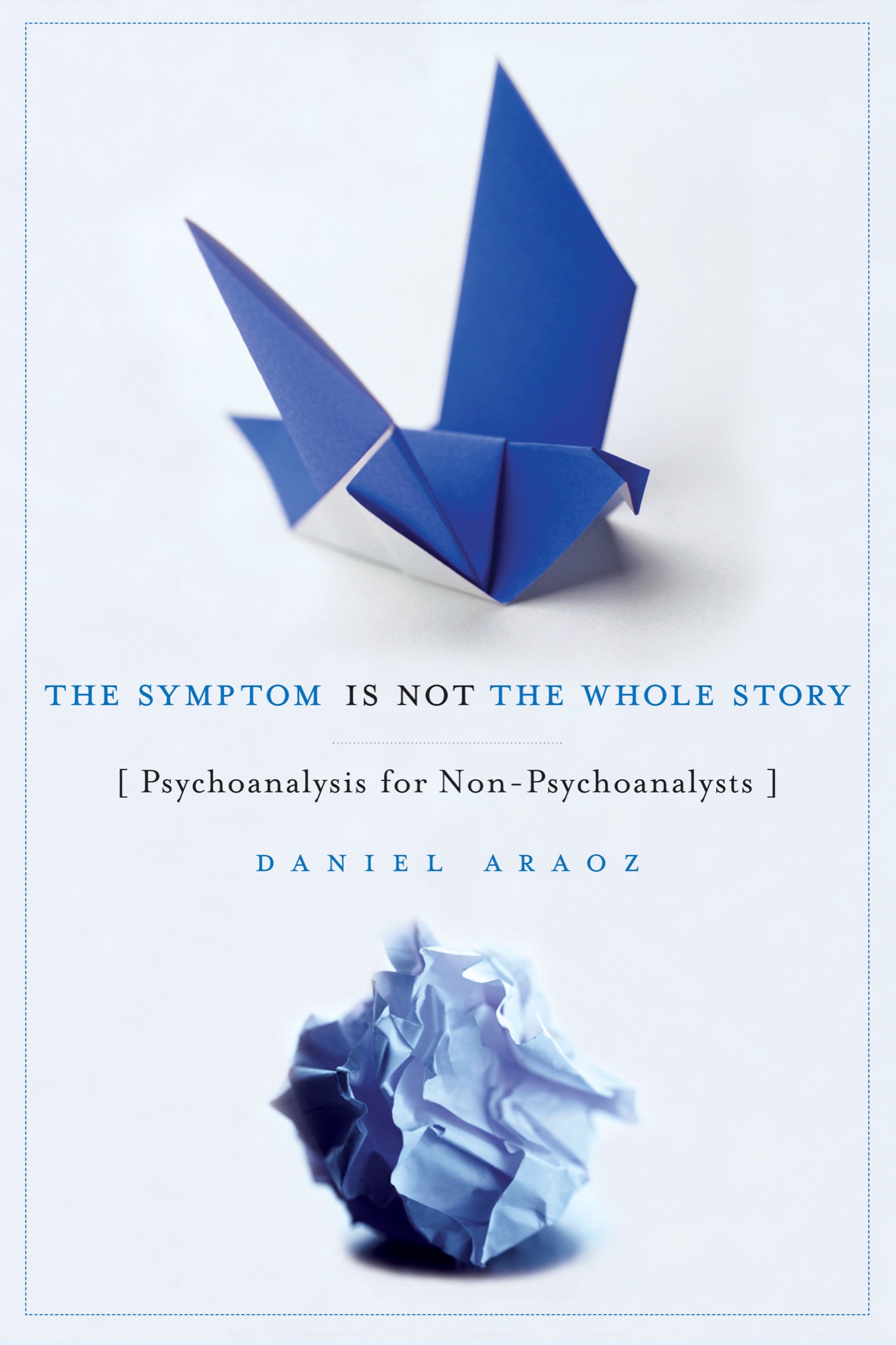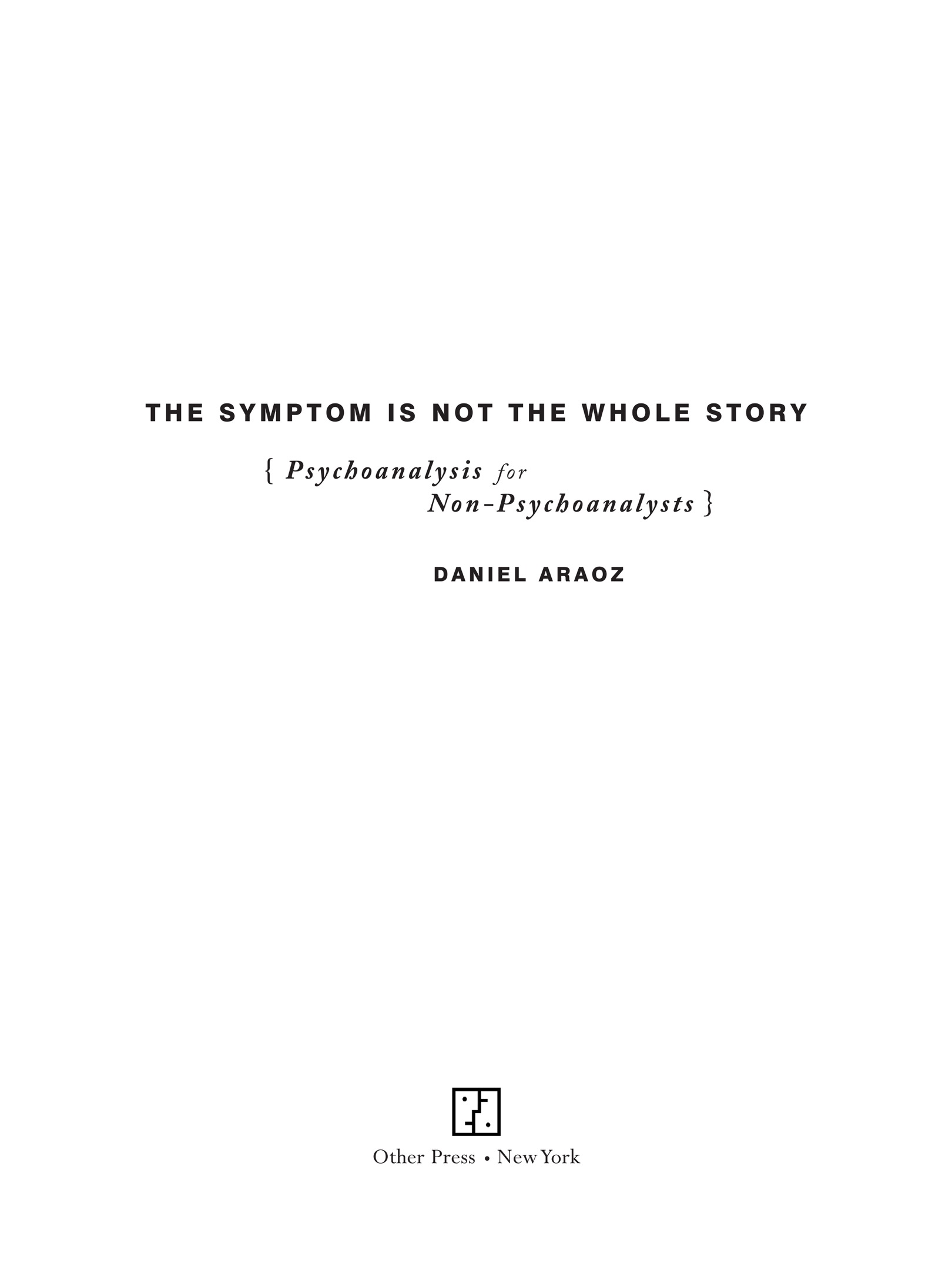Contents
Landmarks
Print Page List
ADDITIONAL PRAISE FOR THE SYMPTOM IS NOT THE WHOLE STORY
I consider Daniel Araozs book a creative achievement of great significance. This is a must for all mental health professionals who would like to grasp the essence of psychoanalysis and its application to understanding human behavior and its dysfunction. Dr. Araozs in-depth knowledge of the field and extensive experience in psychodynamic therapy enriches the importance of his work. He provides all practitioners with astute and succinct explanations of the principles of psychoanalysis that will transform the clients understanding of his condition and view of life to a healthy state of being.
THE REV. DR. NISHAN J. NAGARIAN , LMHC, Clergy and Associate Professor of Education, C.W. Post Campus, Long Island University
In The Symptom Is Not the Whole Story, Dr. Araoz brings together the many facets of training and practicing in psychotherapy that have dominated his own experience over a lifetimes dedication to his work as a counselor educator, hypnotherapist, and marriage and family therapist. That he should now show us how psychoanalysis has a crucial role in our own training and practice as professional counselors/psychotherapists will be a lasting contribution in our field.
Psychoanalysis came to be viewed in many negative ways, causing many to discard it as narrow, biased, useless. In the old adage, there was a tendency to throw out the baby with the bathwater, to fail to see the positive possibilities and wisdom in psychoanalytic theory. As is true with much of the work in our field, psychotherapy is and always will be a dynamic, ever-changing, ever-growing process. Dr. Araoz makes this abundantly clear and, in doing so, brings psychoanalysis into the twenty-first century. Most importantly, his ideas and recommendations make psychoanalysis, especially in its understanding of the unconscious, accessible to all who grow in their own training and assist others to do so in their work with clients. Psychoanalytic techniques and understandings have significant applications in the repertoire of counselors/psychotherapists in whatever may be their areas of practice and specialization. Dr. Araoz brings all of us closer to putting them into practice and, ultimately, becoming better practitioners as a result.
CAROLYN S. HEWSON , Ph.D., Counseling and Development Department, Professor Emeritus, C.W. Post Campus, Long Island University
This book makes a major contribution to the field of mental health counseling, in particular to the training needs of mental health professionals. Araozs thoughtful and readable text serves as a basic primer for the introduction and application of psychoanalytic understanding, principles, and techniques in therapeutic practice. Beginning counselors, for example, will learn how to expand their awareness of the dynamics inherent in the counseling relationship so that they can integrate theoretical concepts and interview skills with an attunement to their own and their clients feelings as they work to understand presenting problems as often representative of more profound character structure. I highly recommend this book as a classic companion to any beginning mental health professionals library.
ROBERT DURFEY , Ph.D., Fiorello H. LaGuardia Community College, City University of New York
Copyright 2006 Daniel Araoz
Production Editor: Mira S. Park
Text design: Natalya Balnova
Ebook ISBN9781635421507
All rights reserved. No part of this publication may be reproduced or transmitted in any form or by any means, electronic or mechanical, including photocopying, recording, or by any information storage and retrieval system, without written permission from Other Press LLC, except in the case of brief quotations in reviews for inclusion in a magazine, newspaper, or broadcast. For information write to Other Press LLC, 267 Fifth Avenue, 6th Floor, New York, NY 10016. Or visit our Web site: www.otherpress.com.
The Library of Congress has cataloged the printed edition as follows:
Araoz, Daniel L., 1930
The symptom is not the whole story : psychoanalysis for non-psychoanalysts / Daniel Araoz.
p.; cm.
Includes bibliographical references.
ISBN 978-1-59051-217-3 (alk. paper)
1. PsychoanalysisPopular works. I. Title.
[DNLM: 1. Psychoanalytic TheoryCase Reports.
2. Psychoanalytic TherapyCase Reports. 3. Unconscious (Psychology)Case Reports.
WM 460 A662s 2006]
RC508.A73 2006
616.8917dc22
2006007098
a_prh_5.6.1_c0_r0
To my grandchildren Kaylee, Malcolm,
Luke, Ava, Emma, and Juliet
May their unconscious help them
always to live a full life.
and
To the memory of Ross Thalheimer, Ph.D. Inspiration, role-model, mentor, and founder of the American Institute for Psychotherapy and Psychoanalysis, Inc.
NOTE
To avoid sexist language I alternatively use feminine and masculine genders in pronouns throughout the book. I also use the terms client and patient as well as counseling and therapy interchangeably.
Contents
FOREWORD
What Dostoyevsky once famously said about the Russian characterthat it is broadmight also be said of Daniel Araoz. In the thirty-plus years since I first met him, Ive experienced him at one time or another, sometimes simultaneously, as a teacher, educator, psychoanalytic theorist, andmost of allas a colleague. In all of his professional personae, he has never been less than an enthusiastically collaborative and nurturing presence.
Since contemporary psychoanalysis often tends to be either theoretically factious or half-heartedly interdisciplinary, it is refreshing to encounter someone like Daniel Araoz, who combines solid scholarship with the kind of eclectic and dynamic open-mindedness that is the signature of a creative thinker. Not surprisingly, his new book, The Symptom Is Not the Whole Story, is the embodiment of what might be termed clinical wisdom. His views do not seem concocted or intellectually labored but appear to be the mature, organic residue of someone who has immersed himself in a world of psychoanalytic insights, has acquired vast clinical experience along the way, and is bolstered by a strong commitment to the work at hand. The theoretical positions he arrives at, accordingly, not only avoid the distance of detachment, but also are animated by and reflective of who he is as a person. His presence truly inhabits the book.
In these pages he has set himself the admirable and challenging task of demystifying the unconscious. To do that, he needs to bring it out of the closet. Quickly, the reader sees that the storied psychoanalytic dynamic unconscious is not simply a seething cauldron of dark impulses. It is not something to be feared. It is something, instead, to be respected, reflected upon, listened to, guided by, and, above all, engaged with.
It is hard to appreciate how different this orientation is from the prevailing attitude of our contemporary culture. I can still remember the day, twenty-five years ago, when I was just starting my formal training to be a psychotherapist. Our teacher had asked us, How many of you have ever seen the movie Spellbound? If you have, you can get a pretty good idea of what Americans used to think of therapy. In this 1945 Hitchcock classic, Ingrid Bergman, as the beautiful psychiatrist, falls hopelessly in love with her handsome patient, played by the irresistible leading man, Gregory Peck, cures him of his amnesia, and saves him from a date with the electric chair for a murder he did not commit. To prove his innocence, she must first help him flee from the police to buy time and figure out who the real killer is. When she does, in the movies harrowing final scene, she takes her life in her hands in order to confront and expose the man she suspects. To those of us who had seen this movie, as I had, our teachers point could not have been more obvious. Back then, the typical American moviegoer did not even have the crudest idea of what actually takes place in the therapists office.

